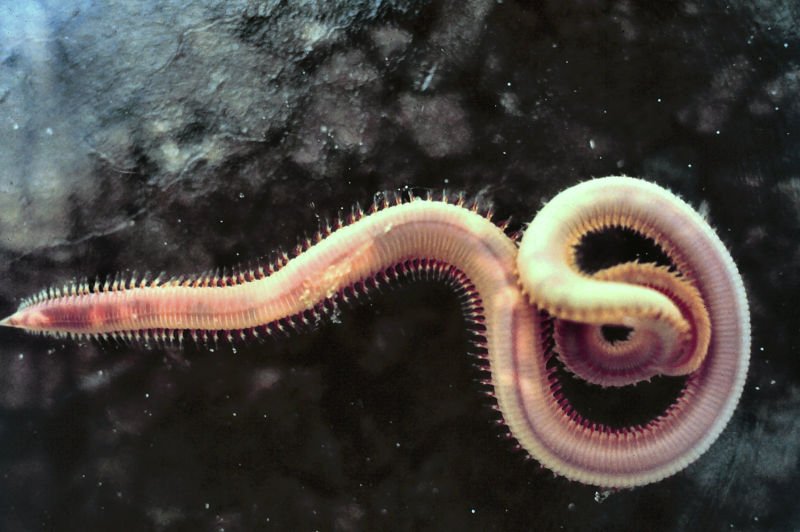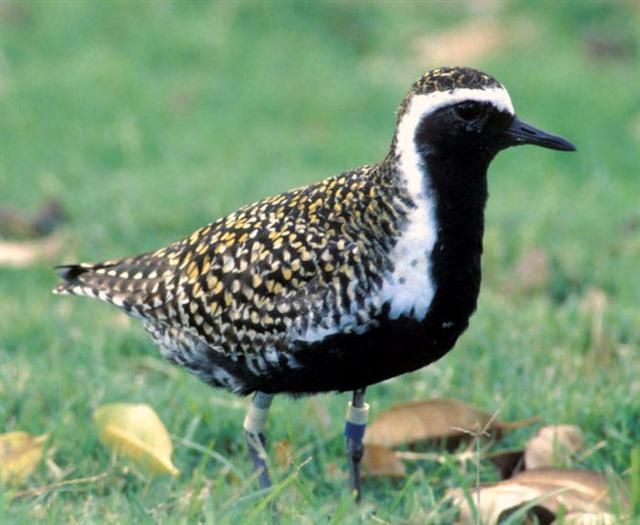All 6 of them were dead. Whereas north of the equator there evidently were 6 immortal sisters - and a mortal 'lost' one - the complementary (upside down) view south of the equator seems to have been characterized by 6 dead brothers.
... In Roman times Alcyone would have risen heliacally in day 136 (May 16) - 27 (precessional depth down to the time of Caesar) = 109 ('April 19) ...
When the Sun went down across the equator this marked 0h.
Here there was a short instant of complete balance.
The Sun calendar was possible to characterize as a single (ama kore) vessel balanced by 6 Stones (Tau-ono) placed low down midships at the northern spring equinox, viz. at 0h. ... Then in order to illustrate the subject, Vaitŕ, seeing a large umete (wooden trough) at hand, asked the king to send some men with it and place it balanced with stones in the sea, which was quickly done, and there the umete sat upon the waves with no signs of upsetting amid the applauding shouts of the people ...
This 'crew of 6 Stones' had to be firmly secured so that they did not move around, otherwise there would be no stability. They must not roll (he tuna). They had to be kept dead still.
These 6 'dead brothers' ('stones') were the brothers of Roro: ... I regard the primal significance as one of consistency, somewhat custardy, a substance partially solid that may to a certain extent be grasped in the fingers yet which seems to slip out and elude the grasp. That, it will be noticed, is a thread that can be run through all the significations. It applies equally well to the palolo as you feel it in the water on the great day of its appearance. In the slightly specialized sense of slippery it applies similarly to its other two compounds in the Samoan, ngalolo and umelolo, both being fishes and the latter a variety of Naseus lituratus or unicornis ...
In central Polynesia there were 2 major seasons; viz. the Dry and the Wet. Clearly Roro could have personified the wet season - cfr for instance the Samoan rainy (vai) half-year Pa-lolo:
Pa. 1. Mgv.: pa, an inclosure, a fenced place. Ta.: pa, inclosure, fortification. Mq.: pa, inclosure. Sa.: pa, a wall. Ma.: pa, a fort. 2. Mgv.: pa, to touch. Sa.: pa'i, id. Ma.: pa, id. 3. Mgv.: pa, to prattle. Ta.: hakapapa, to recount. 4. Mq.: pa, a hook in bonito fishing. Sa.: pa, a pearlshell fishhook. Ma.: pa, a fishhook. Pau.: hakapa, to feel, to touch. Mgv.: akapa, to feel, to touch, to handle cautiously. ... This word [uru] usually means breadfruit (= 'skull'). Its fruit resembles a human skull, and it is a most important fruit because of this and because of its nutricious value. However, on Easter Island breadfruit couldn't grow and another plant seems to have served as a substitute, Solanum nigrum, called poporo ...
Palolo. ... The lolo reappears in such parts of Nuclear Polynesia as have the animal as a component of Samoa palolo, Tonga balolo, Viti mbalolo. I cite a note on this subject which I wrote out for Dr. William McMichael Woodworth, who identified the palolo as the posterior epitokal part of Eunice viridis (Gray): Stair's derivation from pa'a-lolo, luscious crab, is out of all consideration; it is on all fours with the classic definition of a crab as a small red fish that walks backward, for pa'a (paka) could not in the Samoan system of word structure undergo such a syncopation as to cut itself in two. As the bit beastie is in no sense a crab, and I must claim for my islanders that their intelligence is sufficiently high to prevent them from putting two such dissimilar animals together, so in turn is lolo not luscious. The organs of sense perception by which the Samoans apperceives lolo lie, not in the peripheral nerve endings of the tongue, but of the fingers; it is a matter of touch and not of taste such as luscious principally connotes. I got a very instructive glimpse at this word from my cook boy and a dish of vermicelli soup. After it had served my uses the tureen went back to the kitchen. I found the servitor dabbling his fingers in the dish, which he pronounced to be fa'alolo. I regard the primal significance as one of consistency, somewhat custardy, a substance partially solid that may to a certain extent be grasped in the fingers yet which seems to slip out and elude the grasp. That, it will be noticed, is a thread that can be run through all the significations. It applies equally well to the palolo as you feel it in the water on the great day of its appearance. In the slightly specialized sense of slippery it applies similarly to its other two compounds in the Samoan, ngalolo and umelolo, both being fishes and the latter a variety of Naseus lituratus or unicornis. Churchill 2. Thus the hard and dry (dead) Cranium in one hand (of Hamlet) could be contrasted with the slimy body of the Eel (Tuna) - impossible to grasp firmly with only one hand. Tuna. Rolling stone. Vanaga. Ta.: tuna, the sweetwater eel. Sa.: tuna, id. Ma.: tuna, the eel. Churchill.
The Explorers went from Hiva by Sea and they arrived to the Terra Firma of Easter Island in "June 1 (152). Maro means hard and dry, and June was the month Maro. ... From December 31 to MARCH 13 there were 72 (= 360 / 5) days. But Alcyone would not have become visible until day 72 + 16 = 88 ('two and twenty good four-wheeled wains'). ... The total number of notches (88) not only coincides with the number of days in 3 lunations (88.5) but also approximately with the number of days when the star Betelgeuse (α Ori) disappeared from view each year between its heliacal set (about 14 days before the spring equinox around 33,000 BP) and its heliacal rise (approximately 19 days before the summer solstice) ... 171 (summer solstice) - 19 = 152 = June 1. ... The fish came near the surface then, so that Maui's line was slack for a moment, and he shouted to it not to get tangled. But then the fish plunged down again, all the way to the bottom. And Maui had to strain, and haul away again. And at the height of all this excitement his belt worked loose, and his maro fell off and he had to kick it from his feet. He had to do the rest with nothing on ... The 6 (intestine) brothers of Roro were all dead, which probably was a Sign to say that the dry season had arrived. The brothers had been down in the Sea but then they were basking in the hot rays from the Sun. I guess this must have killed them. ... At the moment when (Rovi?) reached Motu O Roro [Motu O Oro] (an islet off the northern shore, east of Anakena), there were six children lying with their faces down (i.e., on their stomachs) [ko te nga poki.eono.e momoe ro ana.a raro.te aro]; six youths were warming themselves in the sun [e hakamahana ana.ki te raā] after a lot of diving [te rukurukuhanga]. [E:98] Oro. 1. To flit in the air (of a bird), turning and flying up and down. 2. To file, to scratch, to scrub, to grind, to sharpen; ka-oro te kumara, grind the sweet potatoes; ka-oro te hoe, sharpen the knife. Orooro, to rub, to polish, to shine. Vanaga. Oroina, to choke on a fish bone. Orooro, to whet, to sharpen (horo). Churchill.
... There is a couple residing in one place named Kui and Fakataka. After the couple stay together for a while Fakataka is pregnant. So they go away because they wish to go to another place - they go. The canoe goes and goes, the wind roars, the sea churns, the canoe sinks. Kui expires while Fakataka swims. Fakataka swims and swims, reaching another land. She goes there and stays on the upraised reef in the freshwater pools on the reef, and there delivers her child, a boy child. She gives him the name Taetagaloa. When the baby is born a golden plover flies over and alights upon the reef. (Kua fanau lā te pepe kae lele mai te tuli oi tū mai i te papa). And so the woman thus names various parts of the child beginning with the name 'the plover' (tuli): neck (tuliulu), elbow (tulilima), knee (tulivae) ... Ri. 1. Mgv.: ri, a string, a girdle, to tie together. Sa.: li, the sennit lashing of canoe outriggers. Mgv.: rino, to twist a thread between the forefinger and thumb. Ta.: nino, to twist, to spin. Mq.: nino, id. Ma.: rina, a twist of two or three strands. 2. Ta.: ri, to hang. Ha.: li, to hang by the neck. Hakariga, to subdue. Churchill. Tu. To crush into puree, like women of old did, crushing sweet potatoes and mixing them with cooked egg to give the children. Vanaga. To mix, to confound. Churchill. Na. Ná, here; ná ku-tomo-á te miro, the boat has arrived here. Vanaga. 1. When, as soon as (ga). Mgv.: na, because, seeing that, whereas. 2. The, that, some, any, certain (ga); pei na, thus, like that. P Mq.: na, the (plural). Ta.: na, id. 3. Of. P Pau.: na, of, belonging to. Mgv.: na, of, by, on account of. Mq.: na, of, by, for, on the part of. Ta.: na, of, by, for. 4. ? possessive; na mea, to belong to (? his thing). Mgv.: na, him, of him, to him. Ta.: na, he, his, him. 5. (ana 2); i muri oo na, to accompany. Churchill. |
||||||||||||||||||||||||||||||||||||||||||||||||||||||||||||||||||||||||||||||||||||||||||||||||||||||||||||||||||||||||||||||||||||||||||||||||||||||||||||||||||||||||




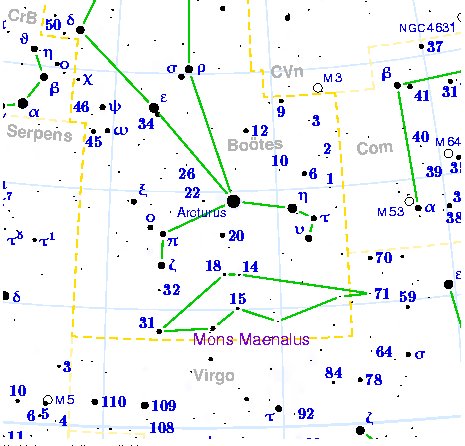




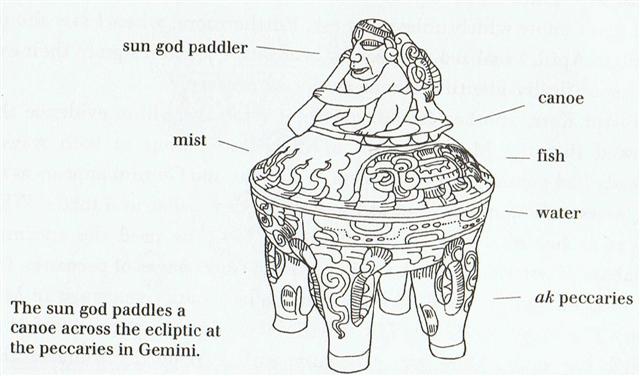
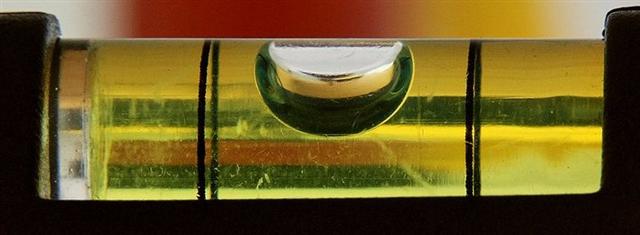
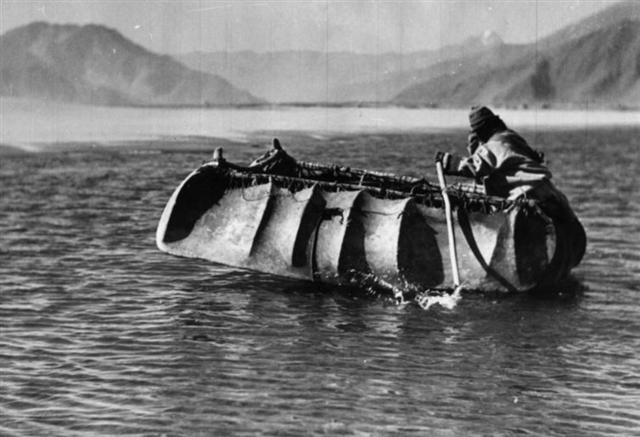
.jpg)


